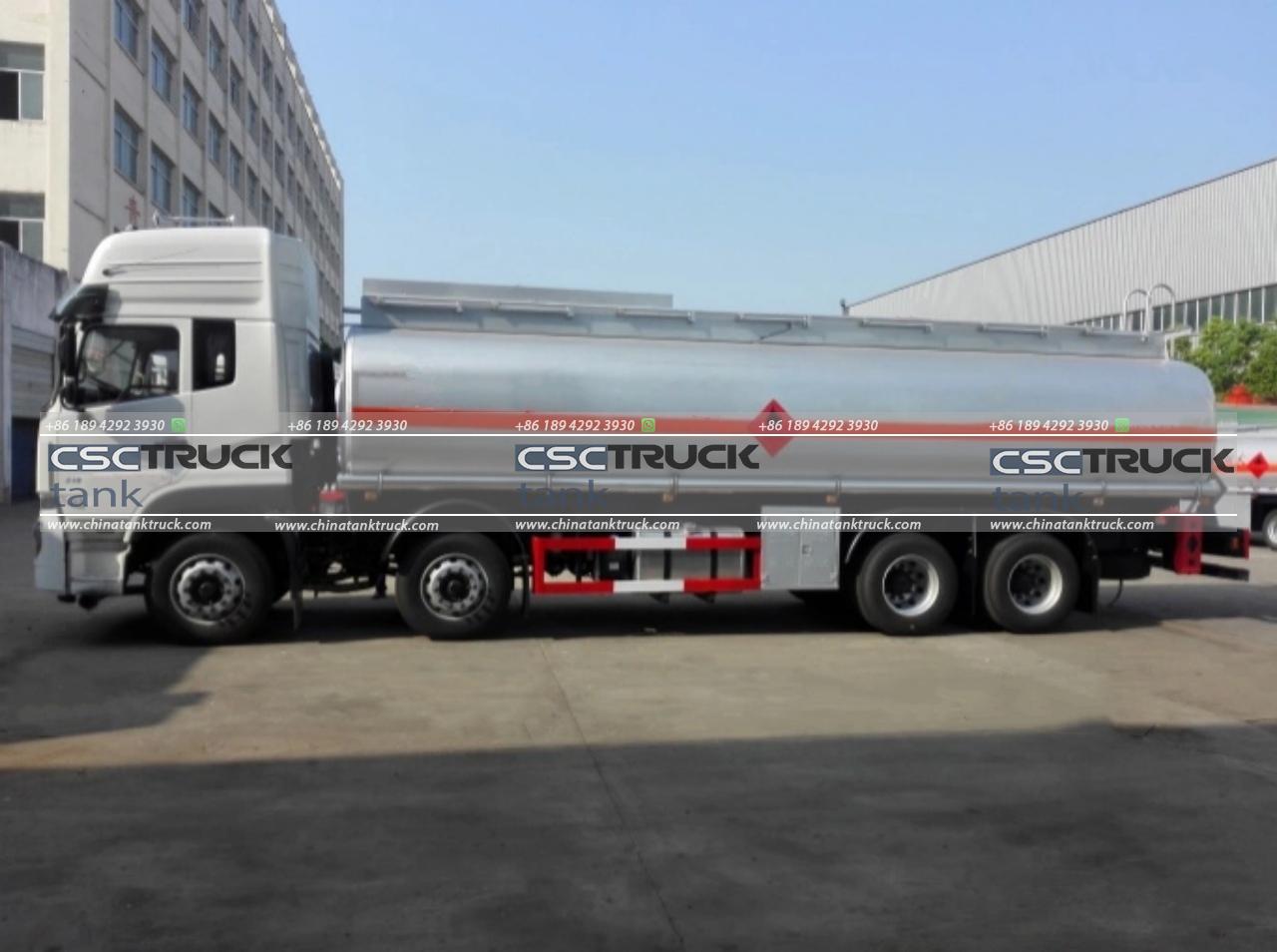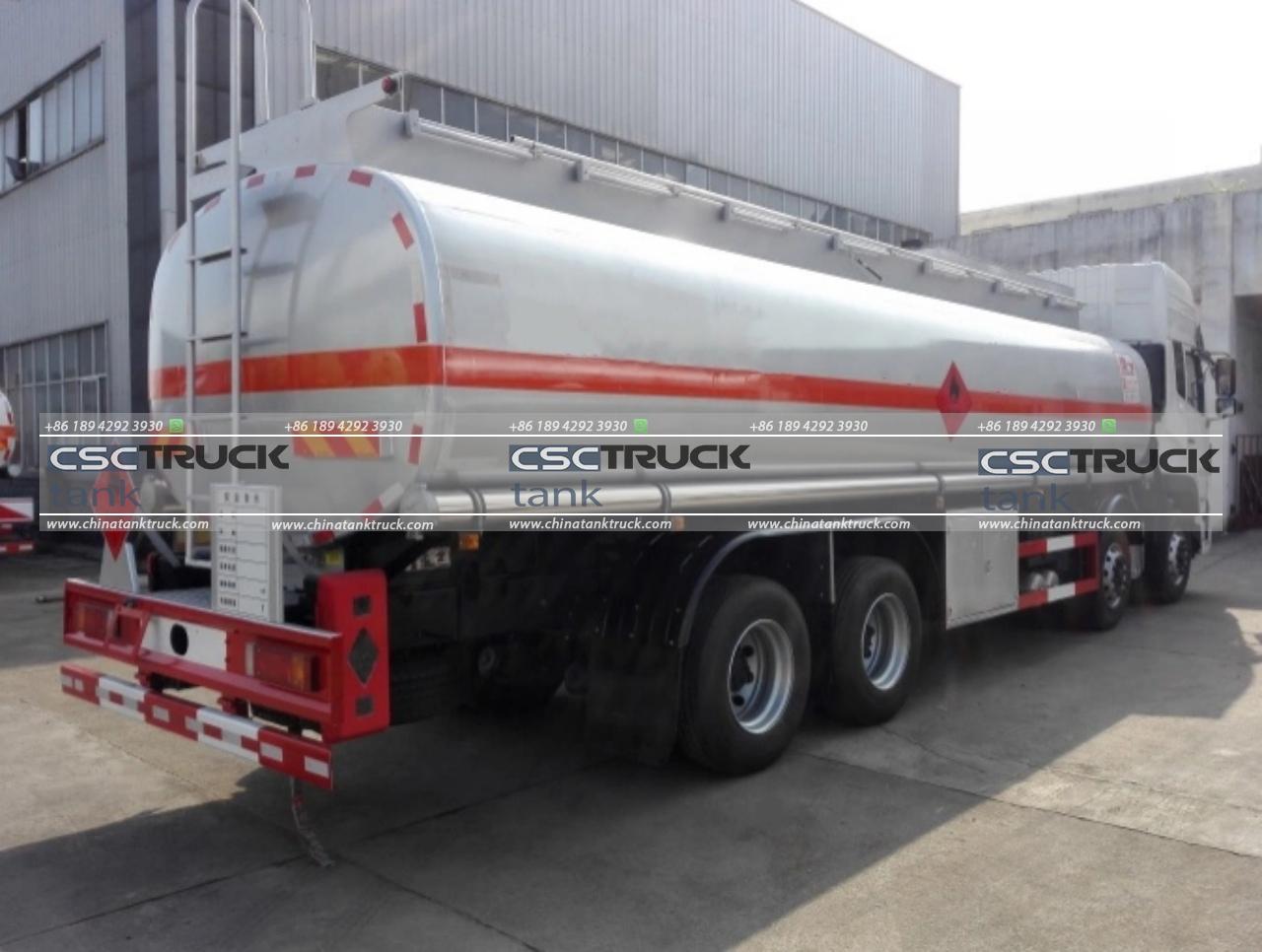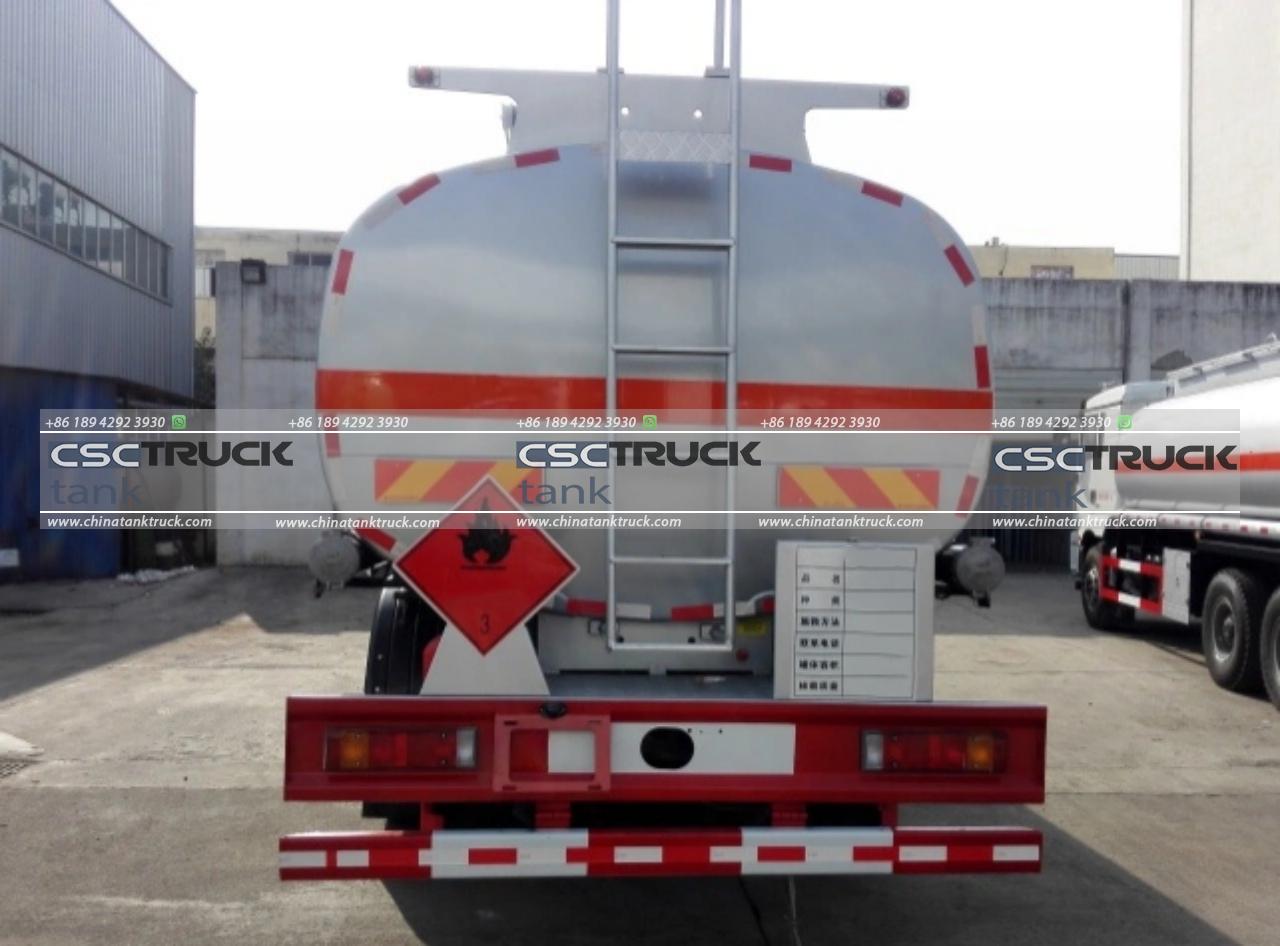Fuel tank trucks are indispensable in the logistics of fuel distribution. These specialized vehicles are designed to transport large quantities of fuel safely and efficiently. Choosing the best fuel tank truck for your delivery needs requires careful consideration of various factors, including capacity, design, safety features, and regulatory compliance. This article will guide you through the key aspects to consider when selecting a fuel tank truck to ensure optimal performance and safety in your fuel delivery operations.
Understanding Fuel Tank Trucks
Fuel tank trucks, also known as fuel tankers, are used to transport various types of fuel, including gasoline, diesel, jet fuel, and other petroleum products. These trucks come in different sizes and configurations, tailored to meet specific transportation needs. The primary components of a fuel tank truck include the chassis, the tank, the pumping system, and safety equipment.
1. Capacity and Size
The capacity of a fuel tank truck is one of the most critical factors to consider. The size of the truck should match your delivery requirements. Fuel tank trucks typically range from smaller units with a capacity of 3,000 gallons to larger units that can hold up to 10,000 gallons or more. Smaller trucks are suitable for urban areas with narrow streets and shorter delivery routes, while larger trucks are ideal for long-distance transportation and bulk deliveries.

2. Tank Material and Design
The material and design of the tank play a crucial role in ensuring the safety and durability of the truck. Common materials used for fuel tanks include aluminum, stainless steel, and carbon steel. Each material has its advantages:
– Aluminum: Lightweight and resistant to corrosion, making it ideal for long-term use.
– Stainless Steel: Highly durable and resistant to both corrosion and chemical reactions, suitable for transporting various types of fuel.
– Carbon Steel: Strong and cost-effective but may require additional protective coatings to prevent rust and corrosion.
The design of the tank also matters. Cylindrical tanks are common due to their ability to withstand internal pressure and reduce the risk of leaks. Additionally, tanks should be equipped with baffles—internal partitions that help control the movement of fuel during transit, reducing the risk of sloshing and improving stability.
3. Pumping and Dispensing Systems
Efficient fuel delivery relies on a reliable pumping and dispensing system. The pumping system should be capable of handling the specific type of fuel being transported and should ensure a smooth and quick transfer. Key components to consider include:
– Pump Type: Options include centrifugal pumps, gear pumps, and vane pumps. Each type has its pros and cons, depending on the viscosity and type of fuel.
– Metering System: A precise metering system is essential for accurate measurement of fuel dispensed, ensuring transparency and accountability in fuel delivery operations.
– Hose Reels and Nozzles: High-quality hose reels and nozzles make the dispensing process efficient and safe. Automatic shut-off nozzles are particularly useful for preventing spills and overfills.

4. Safety Features
Safety is paramount when dealing with fuel transportation. Fuel tank trucks should be equipped with a range of safety features to prevent accidents and ensure compliance with regulations. Some essential safety features include:
– Emergency Shut-Off Valves: These valves can quickly stop the flow of fuel in case of an emergency, minimizing the risk of spills and fires.
– Overfill Protection: Sensors and alarms that detect when the tank is full, preventing overfilling and potential spills.
– Grounding and Bonding: Proper grounding and bonding systems are crucial to prevent static electricity buildup, which can lead to fires and explosions.
– Fire Extinguishers and Spill Kits: Trucks should be equipped with fire extinguishers and spill response kits to handle emergencies effectively.
5. Regulatory Compliance
Fuel tank trucks must comply with various local, national, and international regulations to ensure safe and legal transportation of fuel. Regulatory bodies such as the Department of Transportation (DOT) in the United States and the European Agreement concerning the International Carriage of Dangerous Goods by Road (ADR) set stringent standards for fuel transportation. Key compliance aspects include:
– Tank Construction Standards: Ensuring the tank meets specific construction and material standards.
– Periodic Inspections: Regular inspections and maintenance to ensure the truck remains in safe operating condition.
– Driver Training: Proper training for drivers on handling hazardous materials and emergency response procedures.
6. Choosing the Right Manufacturer
Selecting a reputable manufacturer is vital for obtaining a reliable and high-quality fuel tank truck. Look for manufacturers with a proven track record in producing fuel tankers and a commitment to safety and innovation. Consider the following factors when evaluating manufacturers:
– Reputation and Reviews: Research the manufacturer’s reputation in the industry and read customer reviews to gauge satisfaction levels.
– Customization Options: Some manufacturers offer customization options to tailor the truck to your specific needs, such as specialized tank sizes, configurations, and additional safety features.
– After-Sales Support: Reliable after-sales support, including maintenance services and availability of spare parts, is crucial for ensuring the long-term performance of your fuel tank truck.

7. Cost Considerations
While cost is an important factor, it should not be the sole determining factor in choosing a fuel tank truck. Investing in a high-quality, durable, and safe fuel tank truck may involve a higher initial cost but can save you money in the long run by reducing maintenance costs, minimizing downtime, and enhancing operational efficiency. Consider the total cost of ownership, including purchase price, maintenance, fuel efficiency, and potential resale value.
Conclusion
Selecting the best fuel tank truck for your fuel delivery needs requires a comprehensive evaluation of capacity, tank material, pumping and dispensing systems, safety features, regulatory compliance, manufacturer reputation, and cost considerations. By carefully assessing these factors, you can ensure that you choose a fuel tank truck that meets your operational requirements, enhances safety, and provides reliable performance in your fuel delivery operations. Investing in the right fuel tank truck is a strategic decision that can significantly impact the efficiency and success of your fuel transportation business.

